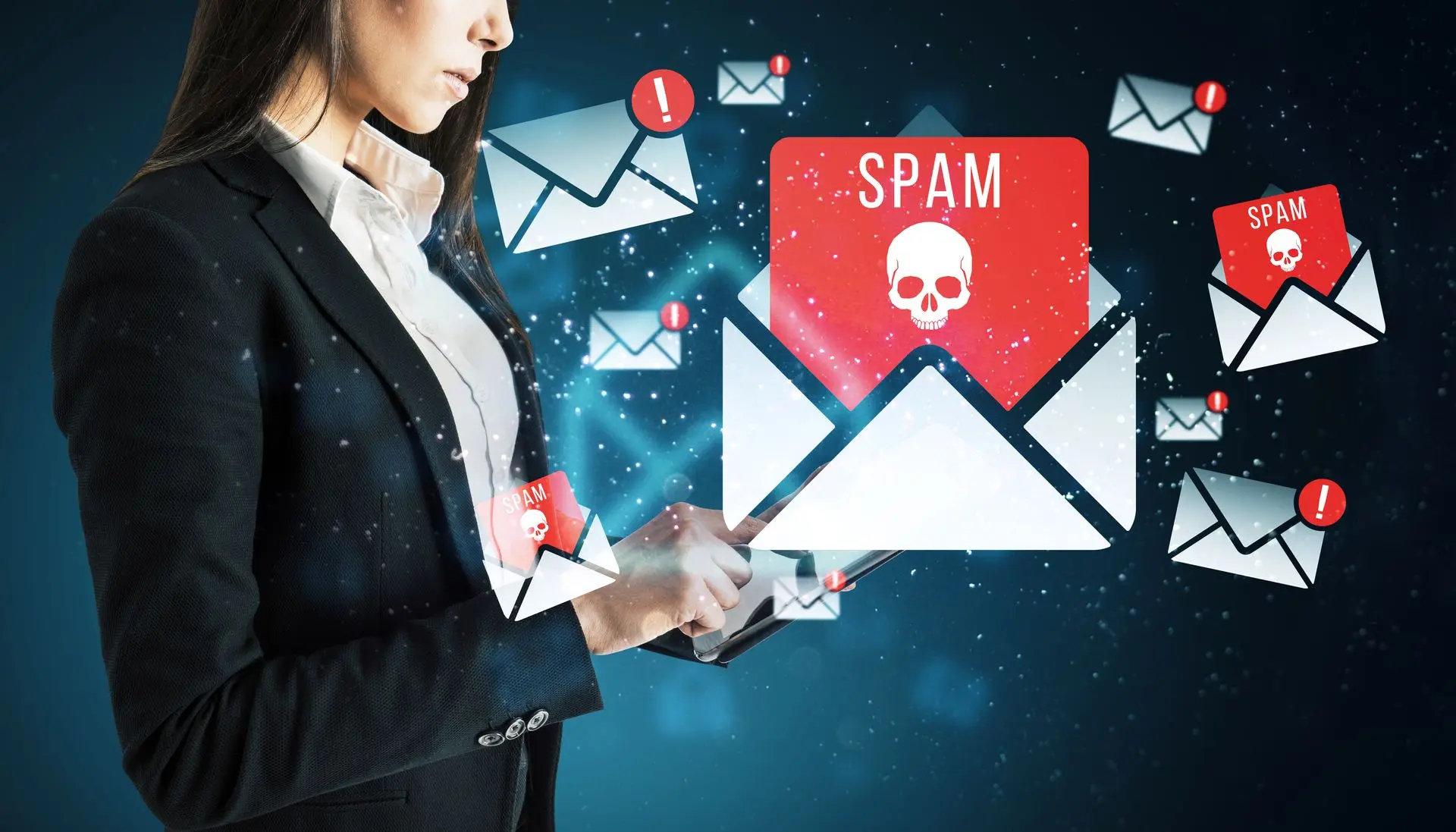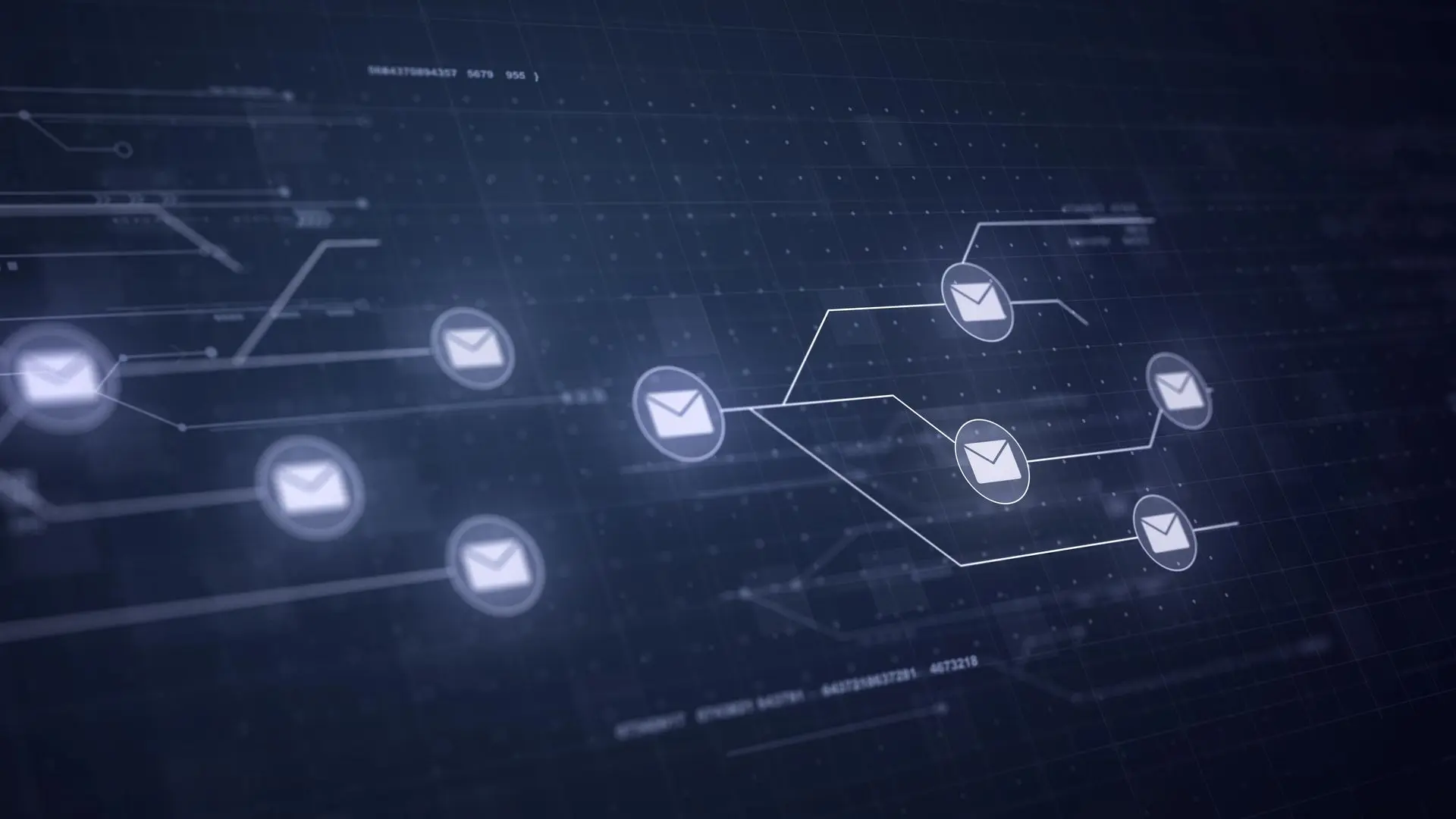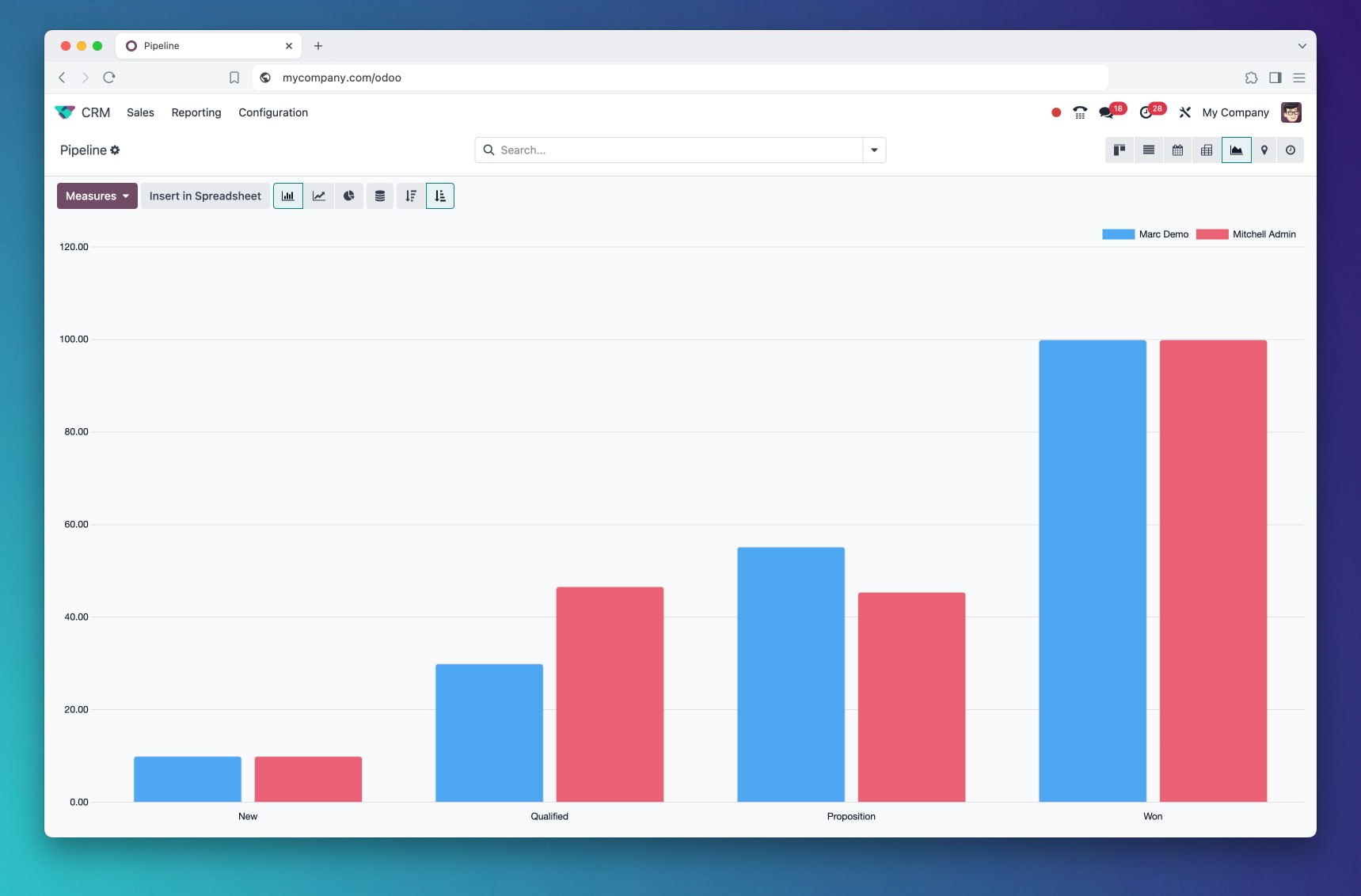Benefits of Email Security
Email security involves not only technical measures but also organizational aspects and employee training. Given the variety of attack types that are carried out daily, companies must take proactive steps to ensure that both their IT systems and their employees are prepared for potential threats. Email security strategies should therefore be understood as a comprehensive package that includes both threat defense technologies and training and awareness measures. Only in this way can sustainable security be ensured, minimizing both external and internal threats.

- Protection against Cyber Attacks: One of the most important functions of email security is to protect organizations and their data from various types of cyber attacks. Hackers are using increasingly sophisticated methods to gain access to confidential information. Good security solutions can efficiently block phishing attempts, ransomware, and malware, thereby minimizing risks. Emails are often the weakest link in the communication chain, and this is exactly where many hackers target. Therefore, a robust security solution is essential to identify and eliminate vulnerabilities before they can be exploited by criminals.
- Ensuring Data Integrity: The protection of data is of utmost importance, especially in industries where sensitive information is processed. Email security solutions ensure that confidential data cannot be intercepted during transmission or manipulated by unauthorized parties. A loss of data integrity could have serious legal and financial consequences. The use of encryption technologies such as TLS (Transport Layer Security) provides an additional layer of security that ensures communication is not compromised.
- Reduction of spam and unwanted emails: Spam messages are not only annoying but also pose a potential threat. Email security solutions use advanced filters to detect and block unwanted messages, making daily work significantly more efficient and secure. Spam can represent a hidden threat, as it can be used as a vehicle for phishing attacks, malware, or fraudulent activities. With well-implemented spam detection technology, such risks can be largely avoided, leading to safe and uninterrupted communication.
- Compliance Support: Many companies are subject to legal regulations that govern the protection and security of data. Email security solutions help meet these requirements by offering encryption technologies and protocols for secure archiving. In many industries, such as finance or healthcare, these regulations are extremely strict. Violations of legal provisions can lead to hefty fines and loss of trust. Email security solutions assist companies in implementing the necessary protective measures and achieving compliance goals by providing comprehensive security protocols and audit features.
- Preserving the Company's Reputation: A successful cyberattack can lead to significant reputational damage. By protecting their email communication, companies avoid negative headlines that could undermine their trust with customers and partners. Trust is one of the most important currencies in the modern business world. A single security incident can irreparably destroy the trust that customers have in a company. With a well-thought-out email security strategy, the risk of data breaches, fraud, or identity theft can be minimized, thereby protecting the company's reputation.

